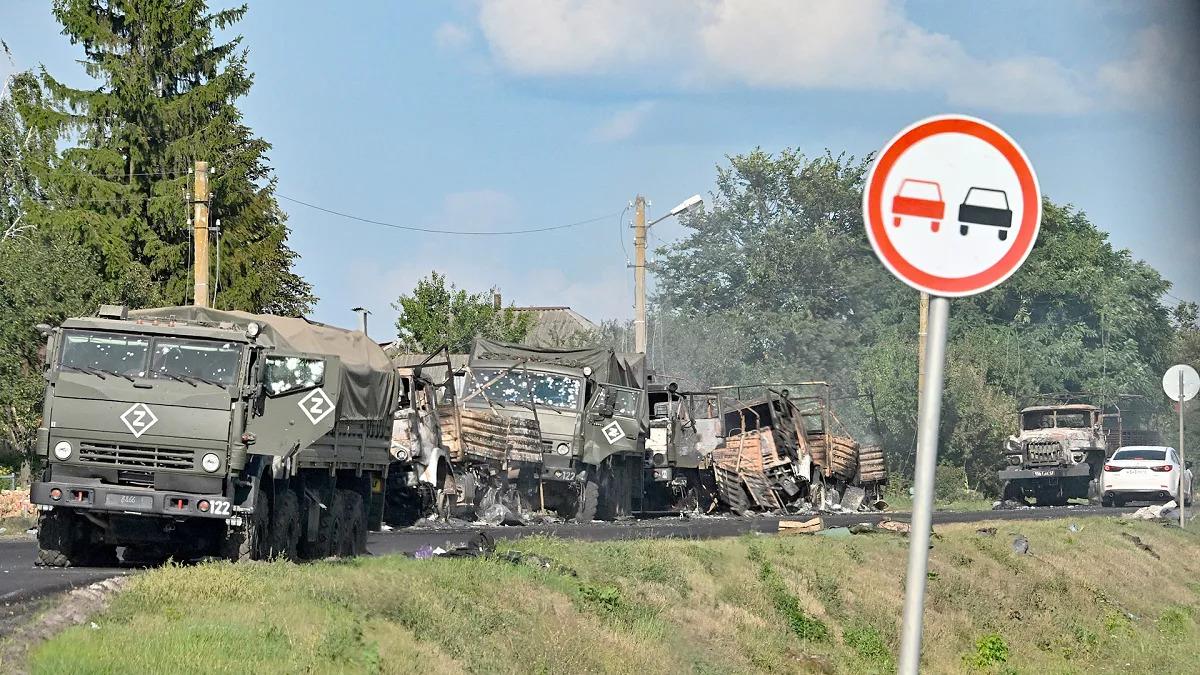Is Russia arming Houthi rebels? Sanctioning the war
In early August, the Western media, referring to intelligence sources, reported that Russia is in talks with the Yemeni-based Houthi government in an attempt to supply them with anti-ship missiles amid the continuing vessel attacks in the Red Sea.
Reportedly, Russia was preparing to hand over indigenously-made anti-ship missiles, including other military equipment, to the Houthi rebels in July but pulled back at the last minute amid a flurry of behind-the-scenes efforts by the United States and Saudi Arabia to stop it.
The Red Sea crisis occurred in October 2023, shortly after the Israel-Hamas war broke out in the Gaza Strip. As such, Houthi rebel groups launched attacks on commercial vessels allegedly moving to and from Israeli ports, thus disrupting the global supply chain that pushed many companies to re-route their operations away from the Bab-al-Mandab strait. Despite the United States (US) and the United Kingdom (UK) several air raids against Houthi military infrastructure in the region, the rebel group remains undeterred.
Some argue that US-led efforts to thwart attacks on international shipping by Iranian-backed Houthi militants in Yemen are nothing more than a “shock absorber” and are unlikely to lead to stability or safer seas. Already, the Houthi assaults have disrupted the USD 1 trillion of goods that flow annually through the maritime route crucial to trade between Asia, Europe, and the Middle East.
Indeed, since the eruption of the Red Sea crisis in light of the Houthi attacks, Russia and Iran have played a crucial role in coordinating attacks. For Russia, the close alignment with Iran has been a part of its policy to tackle Western support for Ukraine since February 2022. Hence, the Kremlin seeking new and deeper alliances among anti-Western powers following its full-scale invasion of Ukraine. Given Russia’s close alignment with Iran and China, Houthi rebels agreed not to attack Russian and Chinese vessels while focusing on Western and Israeli commercial vessels.
Although Russia earlier put the arms transfer to the Houthis on hold, Ukraine's surprise incursion into Russia’s Kursk region and successful advancement into deep territories emboldened Moscow to renew talks with the Houthis regarding the arms transfer. The top Ukrainian commander recently announced that they now control 1,000 square kilometers of Russia’s neighboring Kursk Region. Nevertheless, Russian forces are still scrambling to respond to the surprise Ukrainian attack.

Given these developments, Moscow's renewed attempts to arm Houthis should come as a little surprise. Even before the alleged arms supplies, the Russian officers of the General Staff (GRU) have been operating in Yemen for several months, providing training to Houthis to assist the Houthis in targeting commercial shipping. Simply put, Moscow began to consider striking back on a new front by providing modern anti-ship missiles to Yemen’s Houthis.
The provision of sophisticated arms for Houthi use against Western shipping would represent a dangerous expansion of the conflict in Ukraine that could not easily be reversed. According to the local media, the weapons in question are believed to be P-800 Oniks supersonic anti-ship cruise missiles. Subsequently, the Houthis desperately seek to upgrade their military capabilities to inflict grave damage to Israel and its supporters in the West by launching more massive attacks in the Red Sea. Therefore, Russia’s plans of supplying the rebel government with missiles perfectly match their interests.
Moreover, despite US and European countermeasures, such as the U.S.-led Operation Prosperity Guardian and the European Union’s ASPIDES mission, the Houthis still carried out more than 50 attacks in the Red Sea since 2023. Russia's support to Houthis will likely continue until its fighting with Ukraine in the Kursk region is supported by Western weaponry, financial aid, and political support. In this regard, the rebellion Yemeni government may seek to bolster its arsenal with new Russian weapons amid geopolitical volatility and the ongoing Israel–Hamas war.








